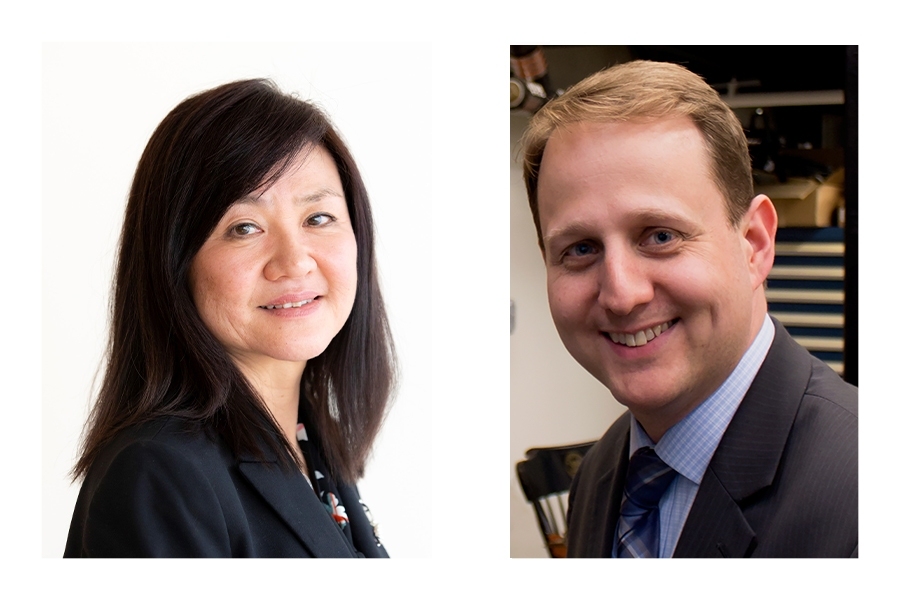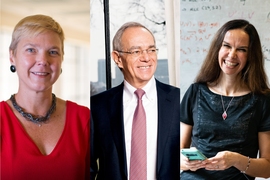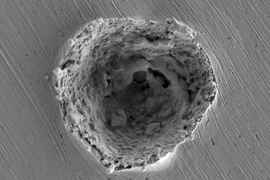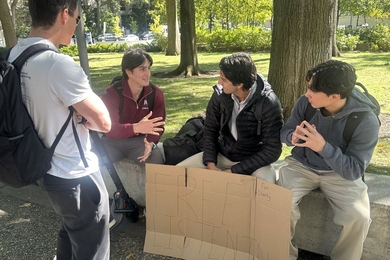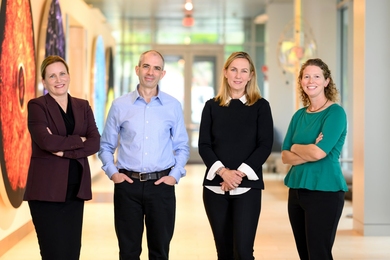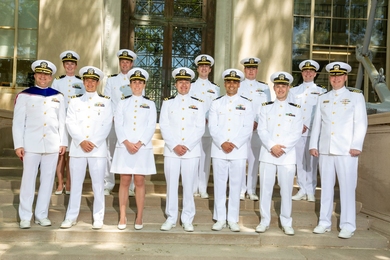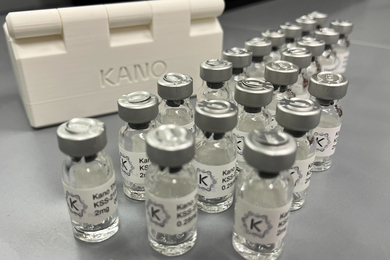The National Academy of Inventors has selected two MIT faculty members, neuroscientist Li-Huei Tsai and materials scientist Christopher Schuh, as members of its 2019 class of new fellows.
NAI fellows “have demonstrated a highly prolific spirit of innovation in creating or facilitating outstanding inventions that have made a tangible impact on the quality of life, economic development and welfare of society,” the organization stated in its announcement.
Schuh is the department head and the Danae and Vasilis Salapatas Professor of Metallurgy in the Department of Materials Science and Engineering. His research is focused on structural metallurgy and seeks to control disorder in metallic microstructures for the purpose of optimizing mechanical properties; much of his work is on the design and control of grain boundary structure and chemistry.
Schuh has published dozens of patents and co-founded a number of metallurgical companies. His first MIT spinout company, Xtalic Corporation, commercialized a process from his MIT laboratory to produce stable nanocrystalline coatings, which have now been deployed in over 10 billion individual components in use worldwide. Schuh’s startup Desktop Metal is a metal additive manufacturing company developing 3D metal printers that are sufficiently simpler and lower-cost than current options to enable broad use across many industries. Recently, Schuh co-founded Veloxint Corporation, which is commercializing machine components made from custom stable nanocrystalline alloys designed in his MIT laboratory.
Tsai, the Picower Professor of Neuroscience and director of the Picower Institute for Learning and Memory, focuses on neurodegenerative conditions such as Alzheimer’s disease. Her work has generated a dozen patents, many of which have been licensed by biomedical companies including two startups, Cognito Therapeutics and Souvien Bio Ltd., that have spun out from her and collaborator’s labs.
Her team’s innovations include inhibiting an enzyme that affects the chromatin structure of DNA to rescue gene expression and restore learning and memory, and using light and sound stimulation to enhance the power and synchrony of 40-hertz gamma rhythms in the brain to reduce Alzheimer’s pathology, prevent neuron death, and preserve learning and memory. Each of these promising sets of findings in mice are now being tested in human trials.
Tsai and Schuh join 21 colleagues from MIT who have previously been elected NAI fellows.
